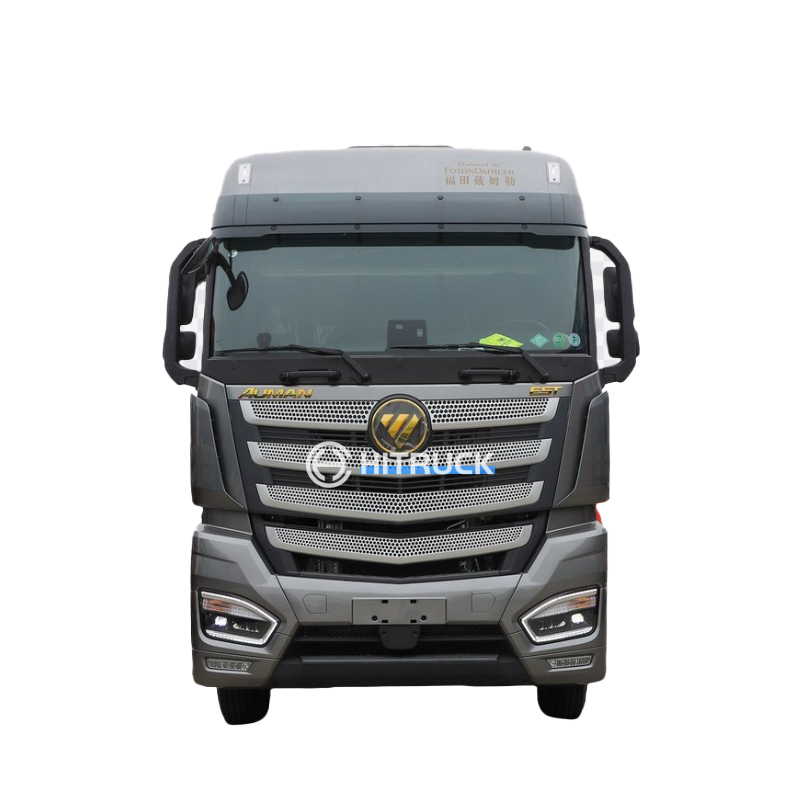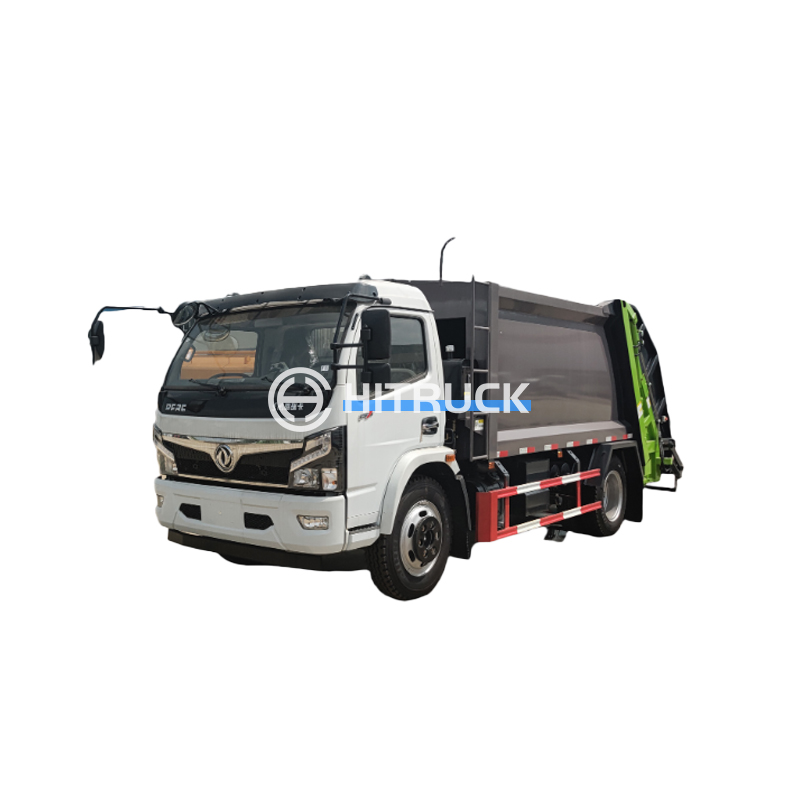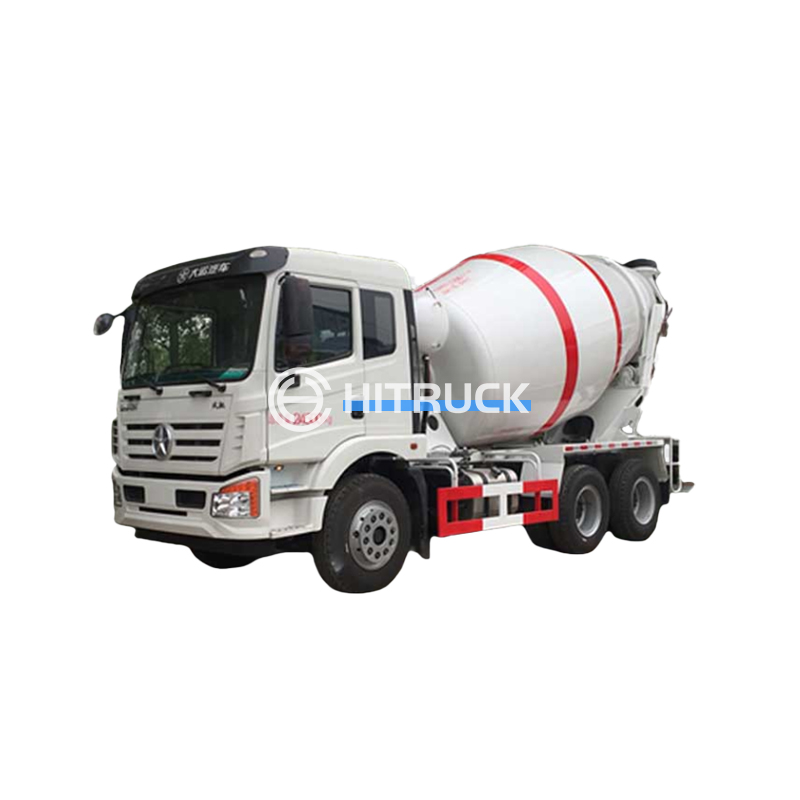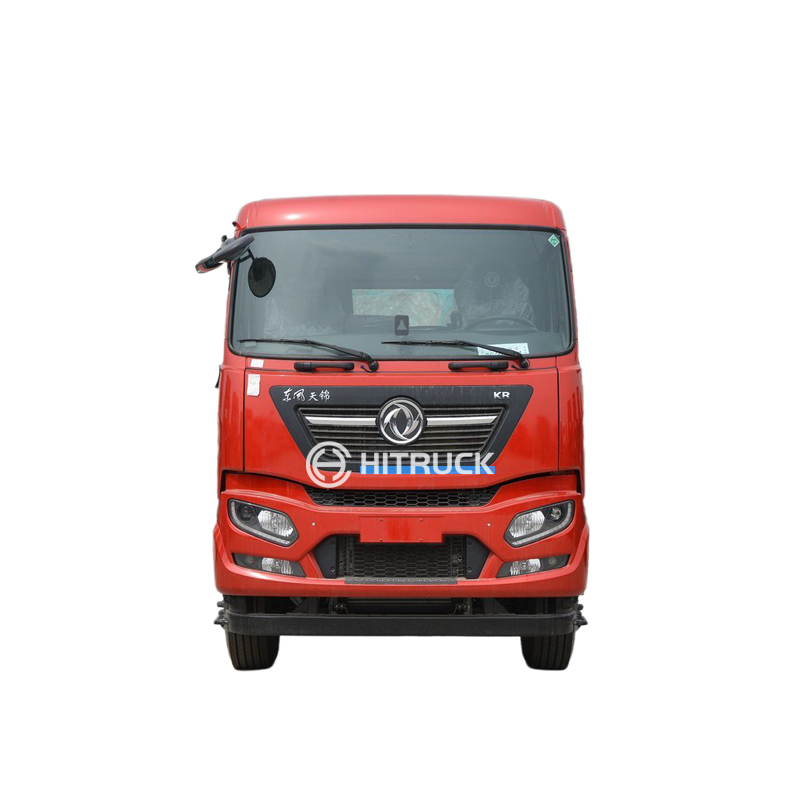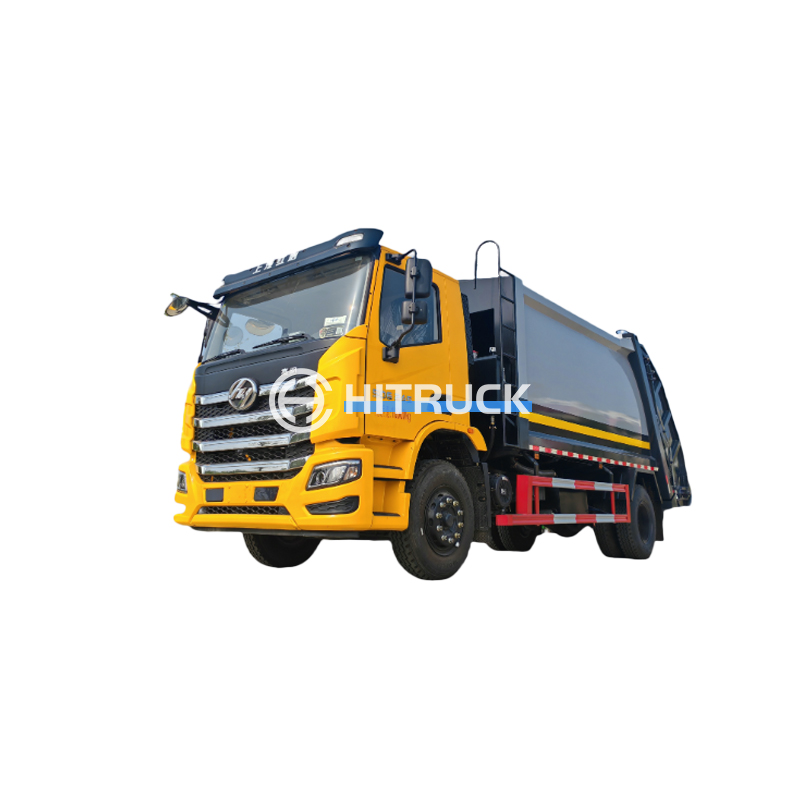Choosing the Right Light Duty Reefer Truck for Your BusinessThis guide helps you understand the key factors to consider when purchasing a light duty reefer truck, ensuring you choose the best fit for your specific needs and budget. We'll explore various truck types, features, maintenance, and cost considerations.
Selecting a light duty reefer truck is a significant investment. This comprehensive guide delves into the essential aspects to consider before making your purchase, assisting you in making an informed decision tailored to your operational requirements and financial resources. We cover everything from understanding different truck models and features to the long-term implications of maintenance and operating costs.
Light duty reefer trucks are smaller refrigerated trucks, typically ranging from 1-ton to 3.5-ton gross vehicle weight rating (GVWR). They are ideal for businesses with smaller delivery volumes or those operating in urban environments where maneuverability is crucial. Unlike their heavier counterparts, they often require a standard driver's license to operate. Their smaller size makes them suitable for navigating congested city streets and tight delivery locations.
The market offers a variety of light duty reefer trucks from various manufacturers. Some popular choices include converted vans, smaller box trucks, and purpose-built refrigerated units. Each type possesses unique advantages and disadvantages concerning payload capacity, fuel efficiency, and maneuverability. Consider your specific needs regarding cargo space and the typical routes you'll be taking.
The refrigeration unit is the heart of your light duty reefer truck. Factors to consider include the unit's cooling capacity (measured in BTUs), fuel efficiency, and the type of refrigerant used. Direct-drive systems are generally more efficient but can be more expensive. Indirect-drive systems offer more flexibility but might require more maintenance. Understanding the specific temperature ranges your goods require will dictate the unit's necessary cooling power. Look for units with reliable temperature controls and monitoring systems.
The body and chassis impact durability, payload capacity, and overall longevity. Look for durable materials that can withstand the rigors of daily use. Consider the insulation quality of the reefer unit, as this directly impacts the efficiency of your refrigeration system and helps maintain consistent temperatures. The chassis should be sturdy enough to handle the weight of your cargo and provide a safe driving experience. Several manufacturers offer various body and chassis options; choosing the right one will depend on your specific load requirements and budget.
Fuel costs are a significant operational expense. Choose a light duty reefer truck with a fuel-efficient engine and consider features like aerodynamic body design that helps reduce fuel consumption. Newer models often boast improved fuel economy compared to older vehicles. Comparing fuel consumption figures from different manufacturers is essential in making a cost-effective choice.
Regular maintenance is crucial for extending the lifespan of your light duty reefer truck. Adhere to the manufacturer’s recommended maintenance schedule, which typically includes regular inspections, fluid changes, and repairs. A well-maintained truck will experience fewer breakdowns, ensuring minimal operational downtime and reducing unexpected repair costs.
Beyond purchase price, consider fuel costs, insurance, maintenance, and repairs. Creating a budget that accounts for all these operating costs is essential for successful business operations. You can compare operating costs of different models to determine the most economically viable option for your needs.
Research different manufacturers and models to find the best fit for your needs and budget. Consider factors like payload capacity, fuel efficiency, refrigeration system capabilities, and overall maintenance costs. Visiting dealerships and comparing options in person is often beneficial. Don't hesitate to ask questions and seek advice from professionals in the field. For more information, check out resources like the Hitruckmall website which offers a wide range of commercial vehicles.
Selecting a reputable supplier is just as crucial as choosing the right truck. Consider factors like their reputation, customer service, warranty options, and after-sales support. A good supplier should be able to provide guidance and assistance throughout the purchasing process and beyond. Reading online reviews and seeking recommendations from other businesses can aid in your selection.
| Feature | Option A | Option B |
|---|---|---|
| Refrigeration Capacity (BTU) | 12,000 | 15,000 |
| Payload Capacity (lbs) | 2,500 | 3,000 |
| Fuel Efficiency (mpg) | 15 | 18 |
Remember, the perfect light duty reefer truck depends on your specific requirements. Thorough research and careful consideration of all factors will guide you toward making the best decision for your business.

